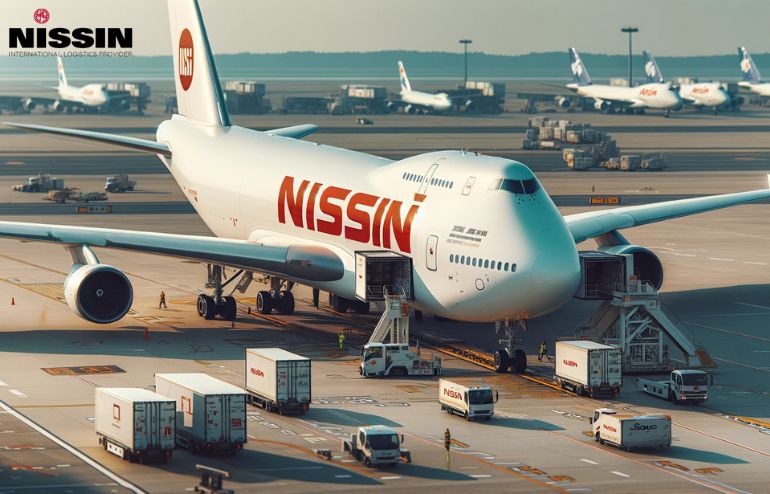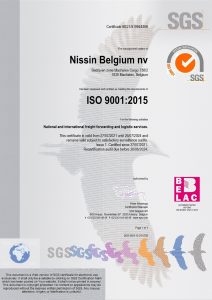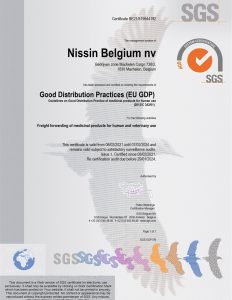The world economy continues to expand, and so does the soaring consumer demand for fresh produce, life-saving pharmaceuticals, exotic flowers, or other time- and temperature-sensitive products. However, delivering these goods across vast distances presents a unique logistical challenge. Air freight Forwarders offer a quick and reliable solution to ensuring such goods arrive pristine.
With its unmatched speed, precise temperature control, and strong global network, this type of transport offers an added advantage over traditional ground and sea transportation. However, navigating the intricacies of air cargo for perishable goods requires understanding the unique challenges and best practices involved.
This blog will explore the key considerations and steps to ensure the safe and organized transport of your temperature-sensitive cargo via air freight forwarders.
Why is air transport the best for transporting perishable goods?
Air freight offers several advantages for shipping perishable goods:
Speed: Compared to ground and sea transportation, air freight is the fastest shipping mode, ensuring quick delivery and minimizing time in transit.
Temperature Control: The controlled environment of aircraft cabins allows for precise temperature management, ensuring your temperature-sensitive cargo maintains optimal conditions throughout the journey.
Reliability: Its extensive global network and frequent flight schedules provide flexibility and accessibility, allowing businesses to quickly and efficiently deliver their perishable goods to customers worldwide.
Best Practices for Packaging Perishable Goods
Proper packaging is essential for protecting perishable goods during air cargo transportation. Consider the following:
Opt for insulated containers and temperature-controlled packaging materials.
Use gel packs or dry ice to maintain the required temperature if necessary.
Consider the specific needs of different perishable goods, such as food, pharmaceuticals, and live plants.
Temperature Monitoring and Control
Real-time Tracking: Utilize data loggers or GPS trackers to monitor temperature fluctuations during transit.
Active Temperature Control: Consider actively controlled containers that maintain a consistent temperature through refrigeration or heating units for longer journeys.
Regulatory Requirements and Documentation
Air Cargo Compliance: Ensure all documentation follows Air Cargo Compliance (ACC) regulations, including commodity descriptions, temperature specifications, and special handling instructions.
Phytosanitary Certificates: Phytosanitary certificates issued by the National Plant Protection Organization are often required for plant and animal products.
Handling and Logistics Considerations
Coordination is Key: Seamless communication between shippers, airlines, customs authorities, and logistics providers ensures efficient handling and minimal delays.
Specialized Airport Handling: Airports with dedicated cool storage facilities and trained personnel for perishable cargo are ideal.
Choose Your Reliable Global Air Freight Forwarder
Shipping perishable goods via air freight forwarder requires careful planning, execution, and adherence to best practices. By following these guidelines, you can ensure the safe and efficient transport of your perishable goods.
At Nissin Belgium, we are committed to providing expert temperature-controlled air freight logistics services for perishable goods. Our team of experts can help you streamline the entire process and ensure seamless coordination for your needs.
Contact us at + 32 2 751 44 99 or write HowCanIHelpYou@be.nissin-eu.com to learn more about our logistics solutions.






